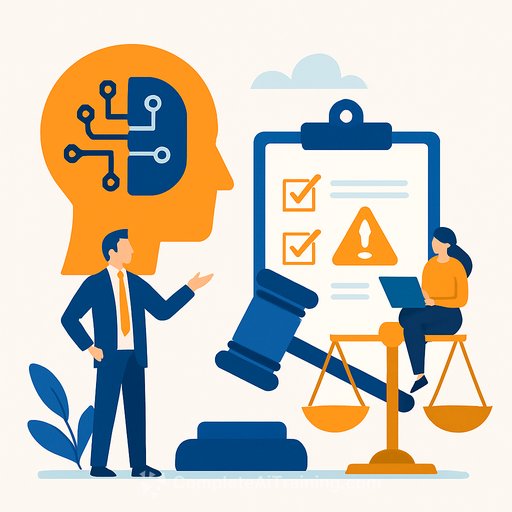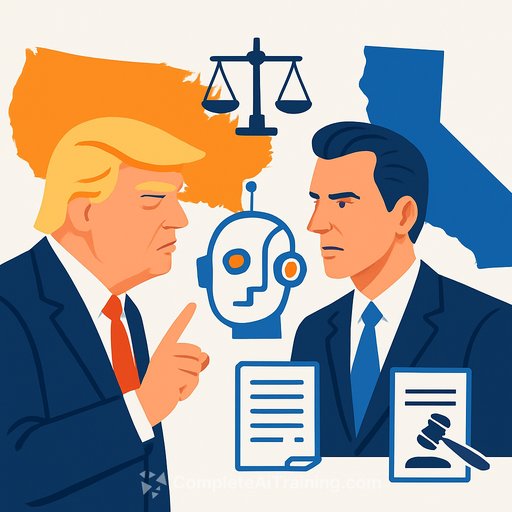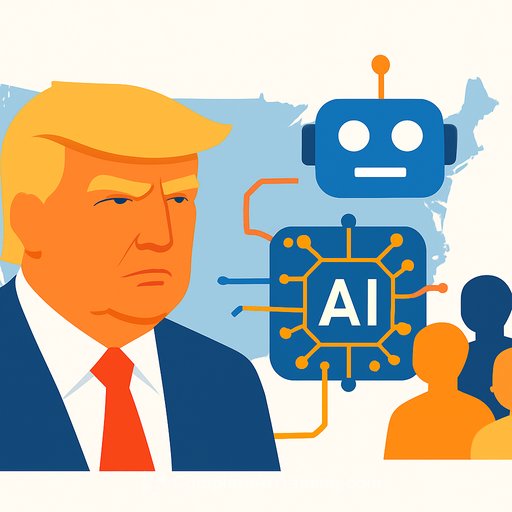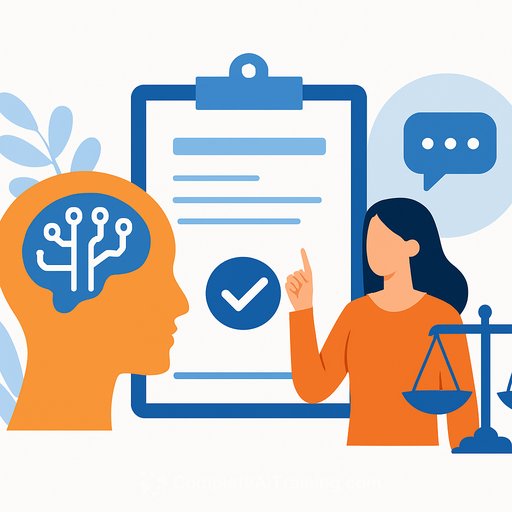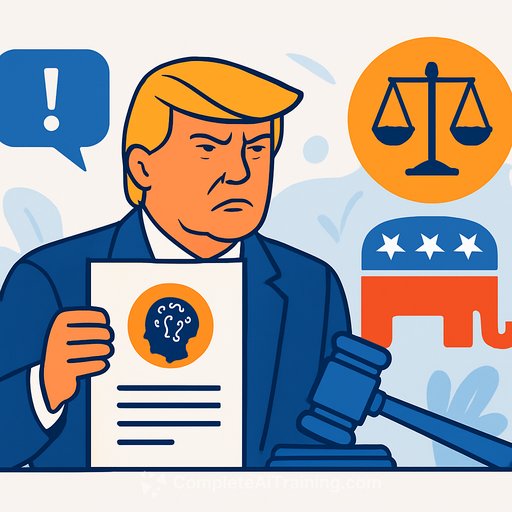The Impact of AI on the Legal Industry
Artificial intelligence is capturing the attention of legal professionals at an unprecedented pace. Bloomberg Law’s analysts have been evaluating how AI tools are affecting lawyers and the legal field. This article summarizes key insights from a recent report, Artificial Intelligence: The Impact on the Legal Industry, which highlights the challenges and realities surrounding AI in legal practice.
Puffery in Advertising
Advertising often uses “puffery” — exaggerated claims not meant to be taken literally. Courts generally accept such marketing tactics when they don't mislead consumers. For example, slogans like “energy drinks give you wings” are recognized as playful exaggerations.
However, with AI products, the line between puffery and deception is blurring. Some companies are overstating their AI capabilities or disguising manual work as automated intelligence. This practice, known as AI washing, involves misleading claims about AI’s true functionality, ownership, or automation level.
Many companies slap AI buzzwords on basic automation to attract investors and customers who may not fully grasp the technology. Claims such as “fully AI-automated” can be misleading when the system relies heavily on rule-based logic or human intervention.
The consequences extend beyond marketing hype. AI washing risks eroding trust in AI technology, slowing innovation, and prompting investor skepticism. It also raises ethical concerns as regulators struggle to keep pace with these developments.
Regulatory Pressure
Regulators have started scrutinizing AI-related claims more closely, especially those that impact company valuations or product descriptions. The Federal Trade Commission (FTC) has made clear that existing consumer protection laws apply to AI claims, marking materially misleading statements as deceptive practices.
The Securities and Exchange Commission (SEC) has taken similar action against publicly traded companies making unsubstantiated AI claims in investor communications. Recently, attention has shifted toward privately held firms as well, signaling a stricter enforcement environment.
Three Enforcement Examples
- Presto Automation: The SEC found Presto Automation made false statements about an AI speech recognition tool, failing to disclose that the technology was owned by a third party and that human involvement remained significant.
- Nate Inc. and Albert Saniger: The DOJ and SEC allege Saniger misled investors by claiming his startup’s app was fully AI-powered when transactions were manually performed. Although a private company, Saniger faced criminal charges for securities and wire fraud.
- Global Predictions: Settled in early 2024, this firm was found to have violated marketing rules by making false claims about AI-driven financial advice on websites, social media, and emails, ignoring internal compliance safeguards.
Former SEC Chair Gary Gensler warned that exaggerated AI claims could constitute fraud if they mislead investors. Despite leadership changes and political shifts, enforcement actions against AI misrepresentation are ongoing, highlighting regulators’ commitment to addressing AI washing.
Legal Team Role: Gatekeepers of Trust
These enforcement cases show the importance of carefully managing AI disclosures. Legal teams must recognize that even voluntary public statements can trigger liability if they cross into material misrepresentation.
In-house Teams
In-house counsel are uniquely positioned to prevent AI washing early in the development and marketing process. Their role includes:
- Embedding compliance steps in product and marketing cycles.
- Collaborating with engineering, marketing, IT, and risk teams to create approval protocols.
- Reviewing and managing AI-related disclosures across all public materials.
- Establishing clear internal standards defining “AI” claims based on industry practices.
- Maintaining documentation to support technology capabilities and ownership.
- Engaging regulators and external counsel for compliance guidance.
- Anticipating how statements might be interpreted or challenged.
Law Firms
External legal counsel provide valuable independent oversight and regulatory insight. Their contributions often include:
- Auditing AI claims for potential misrepresentation and reputational risk.
- Advising on disclosure obligations across jurisdictions.
- Helping establish governance frameworks and compliance policies.
- Reviewing investor materials and marketing communications for accuracy.
- Conducting due diligence during M&A and vendor negotiations.
- Verifying ownership of AI technology and ensuring vendor contracts protect against AI washing.
- Supporting litigation and enforcement responses.
- Engaging regulators to clarify compliance expectations.
As the AI industry grows, companies that fail to police their claims risk legal consequences and loss of credibility. Legal teams are essential in ensuring transparent, accurate communication about AI technologies before they reach clients, investors, or the public.
For legal professionals looking to deepen their understanding of AI and its implications, exploring specialized AI legal courses can be valuable. Resources such as Complete AI Training's courses for legal professionals offer insights into AI tools and compliance strategies relevant to the legal sector.
Your membership also unlocks:

